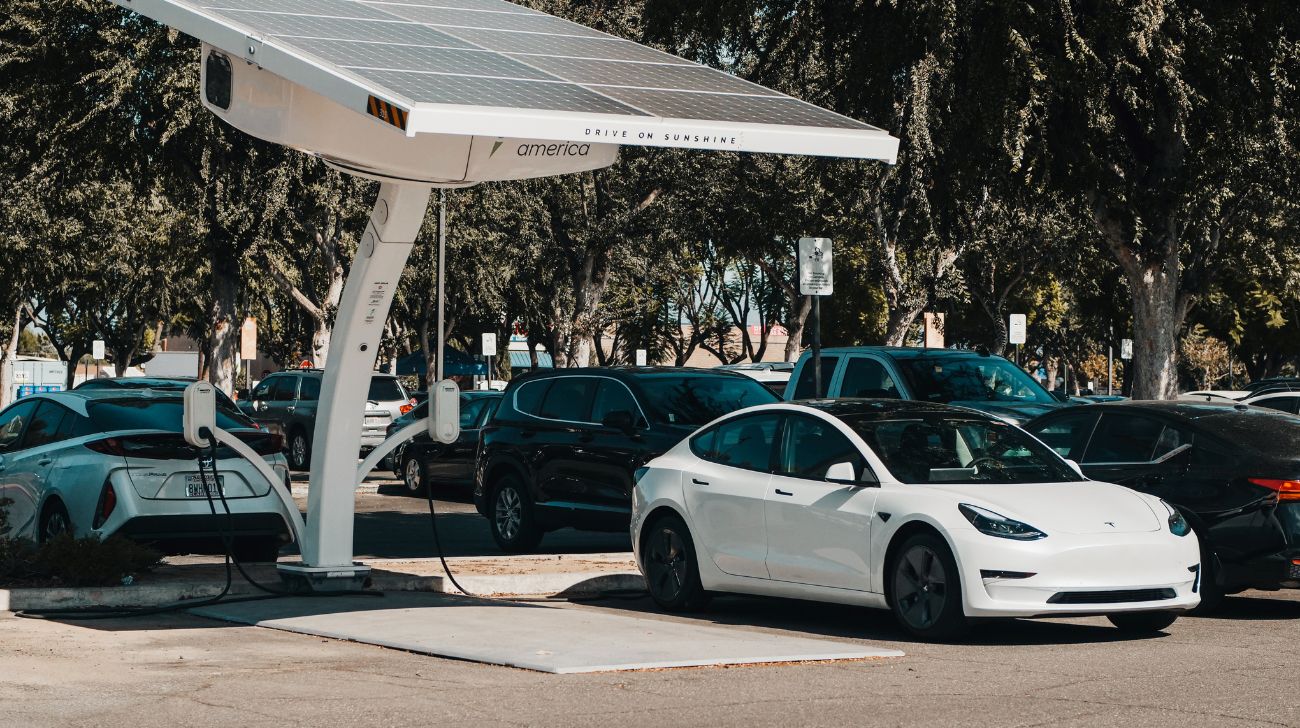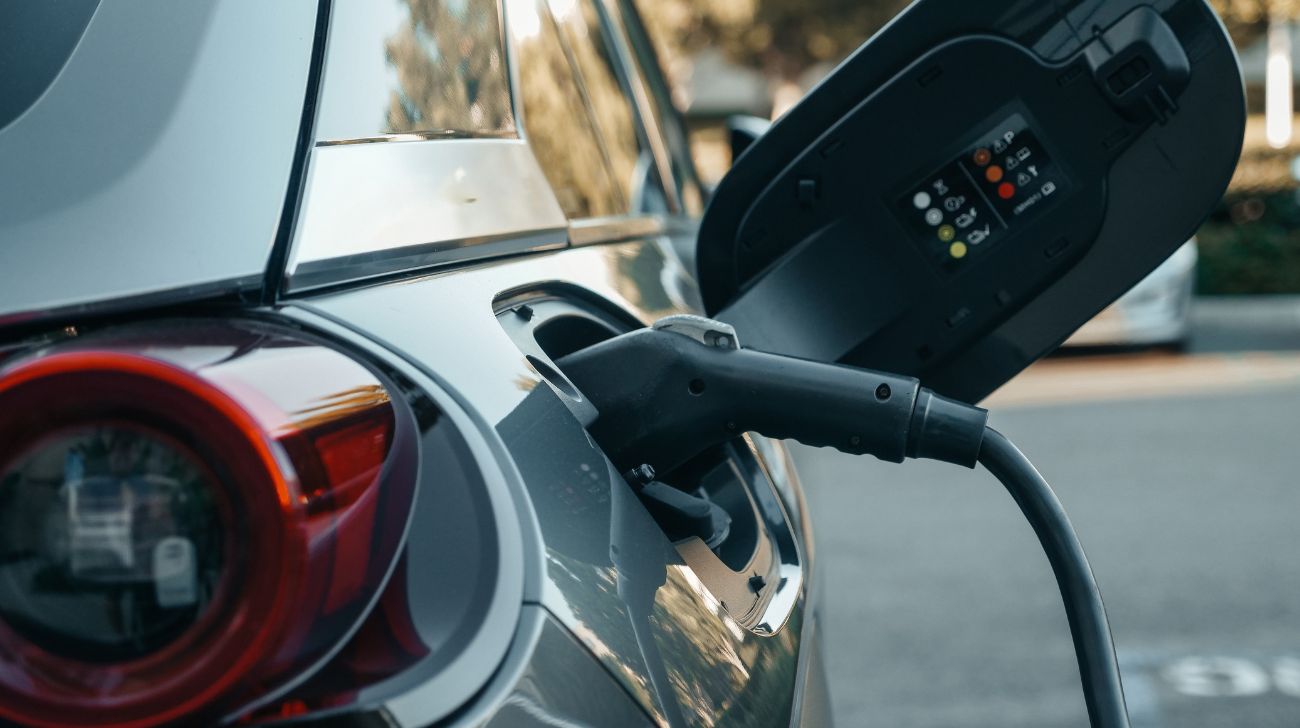The Indian government is set to introduce a new EV policy that will reduce import duties on electric cars from 110% to 15%. This will allow companies like Tesla and General Motors to open shops in India. Interested manufacturers have 120 days to apply and meet the criteria to take advantage of slashed import tariffs.
Mandatory Investment and Assembly Operations
To demonstrate their commitment to the Indian market, companies will have to invest Rs 4,150 crore. While companies can establish assembly lines within their existing facilities, costs related to previous investments, land, and buildings will not count toward this initial investment.
Annual Turnover Targets
Manufacturers need to meet progressive revenue milestones within five years:
-
Year 2: ₹2,500 crore
-
Year 4: ₹5,000 crore
-
Year 5: ₹7,500 crore
Additionally, companies must set up local production plants by the end of the third year and achieve 25% local value addition by the third year, increasing to 50% by the fifth year.
Lower Import Duties for Premium EVs
The revised policy introduces reduced import duties for up to 8,000 premium EVs priced above $35,000 (Rs 30,35,410) annually. Any imports beyond this limit will have the standard 110% duty. This should make premium EVs more affordable in the Indian market.
Entry of International Players
Tesla has been planning to enter the Indian market this year, and this new policy will allow the company to price its all-electric vehicles more competitively. India is such a big market that other EV manufacturers could also see this as an opportunity to enter it. Pre-existing players like BYD, which already offer premium EVs in India, will also benefit from improved affordability, catering to the price-sensitive Indian market.
Conclusion
The updated EV policy will have significant economic benefits. It will boost domestic manufacturing, create jobs, and strengthen India’s position as a leading EV maker. The reduced import duties will attract global players like Tesla, helping to boost India’s economy.




.webp)

.jpg)